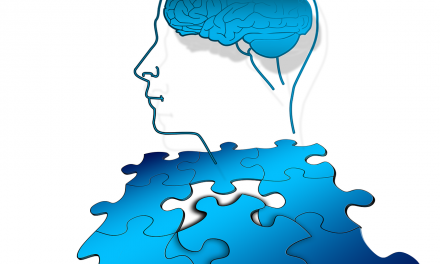Anesthesia and Dementia Disclaimer and Everything Else: This is NOT medical advice or suggestions, just personal experience. Consult your doctor beforehand as this is not meant to be prescriptive in any way, shape or form.
 General anesthesia and dementia are not necessarily compatible. Yet for many families dementia isn’t even discovered until after a major surgery (hip fracture). All of a sudden a loved one goes from lucid to lost-like. Some studies will say that anesthesia does not provoke dementia, but anecdotal testimony is countless. In our case, it was like pouring gasoline on a fire we didn’t know was there.
General anesthesia and dementia are not necessarily compatible. Yet for many families dementia isn’t even discovered until after a major surgery (hip fracture). All of a sudden a loved one goes from lucid to lost-like. Some studies will say that anesthesia does not provoke dementia, but anecdotal testimony is countless. In our case, it was like pouring gasoline on a fire we didn’t know was there.
So what do families do?
We had one doctor say it best. In an emergency, you do anything and everything to make the person better. You deal with the consequences later. But if you have some time it may be good to look into some options.
My loved one (LO)has had 4 surgeries this year. Should’ve been a one and done but it didn’t happen that way. Regardless, the first two were disastrous. Several weeks after surgery major symptoms started happening. We thought it was ICU psychosis so we immediately brought our LO home. Nothing changed. If anything it grew worse. It was only later that we realized that general anesthetic is provocative.
About 7 months down the road we had to have more unexpected bone surgeries. This time we were going in armed with the knowledge that general anesthesia was not ideal, but surgery was necessary. After consulting a large number of anesthetists, there was a common theme for us–propofol/fentynl spinal block. We had a much better experience.
Another thing we learned on this journey was that there are several types of dementias. Alzheimer’s is different then Lewy Body’s Dementia and there are others. We place a lot of trust in our doctors and that is good as they are the trained ones, but it is also up to us to make sure we understand as well. For example with Lewy Body Dementia, things such as benzodiazepines (traditional pain killers), antihistamines and neuroleptics are contraindicated. This is unique to other forms of Dementia. Know before you Go is the slogan of choice. Not to advise your doctor but to make sure your LO is getting the best care.
Body’s Dementia and there are others. We place a lot of trust in our doctors and that is good as they are the trained ones, but it is also up to us to make sure we understand as well. For example with Lewy Body Dementia, things such as benzodiazepines (traditional pain killers), antihistamines and neuroleptics are contraindicated. This is unique to other forms of Dementia. Know before you Go is the slogan of choice. Not to advise your doctor but to make sure your LO is getting the best care.
An important aspect of your loved one’s care is being an advocate. Medical personnel are sometimes understaffed and having to balance many responsibilities with electronic charting and managing patient care. Advocating looks like making sure they have the proper care (with all kindness and appropriateness).
It is possible to care for your loved one if they must undergo surgery, but know the ins and outs of general anesthesia and dementia. It’s already a scary time for a patient with dementia as they don’t always understand what is going on. A familiar face is important but also important is that they receive the most appropriate care.





